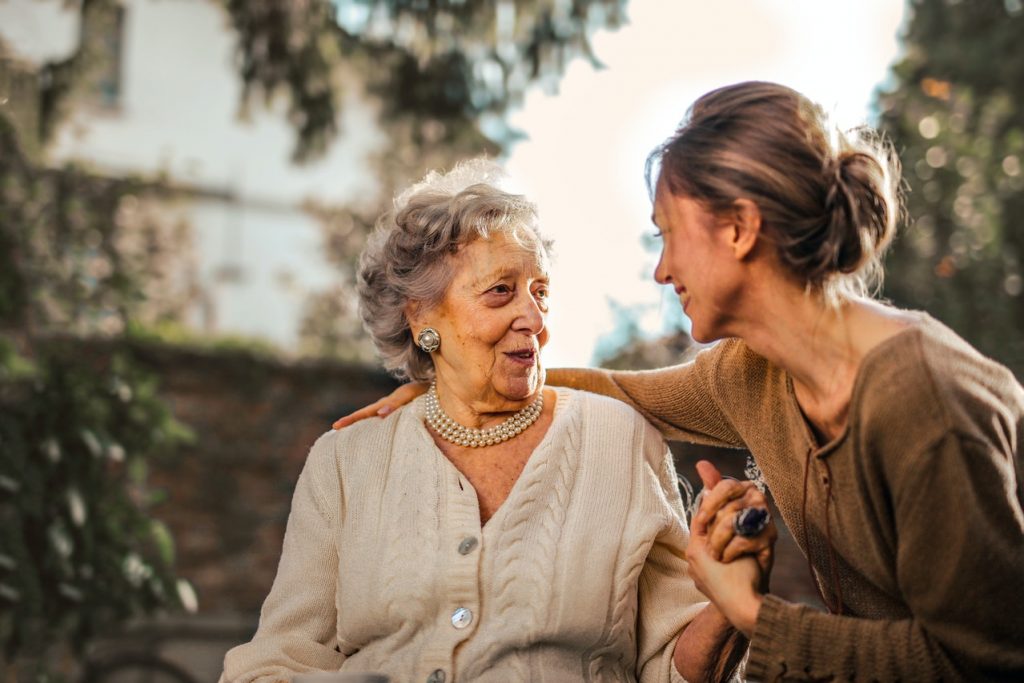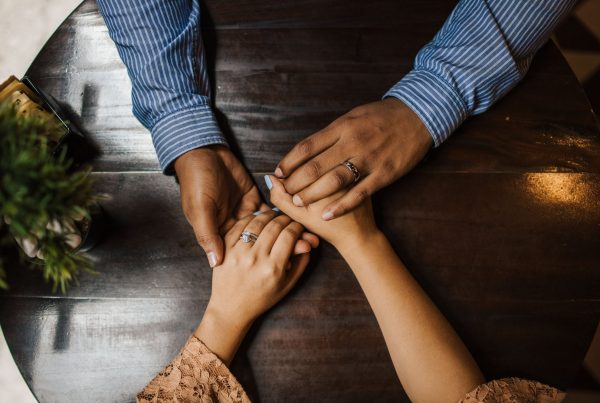Flip through any wedding guestbook and you’ll likely see a pattern of congratulatory messages for “scoring a good one” or for “making it in life” – almost like the whole idea of getting married is an end reward for being a nice person in our youth. Those who are married can probably agree that it’s more like a test of that “niceness”. Okay, I kid, but the truth remains –
marriage has its wonderful moments as well as its challenges. It’s good to be aware of both.
Recently, a friend of mine told me about her marriage struggles. It broke my heart to hear of what they were going through. I empathised as I have experienced trying seasons in mine as well. She said she wished someone had given her a heads up about how tough marriage would be.
If someone had done so, I don’t think it would have deterred her from wanting to spend forever with the person she loves. But I do think perhaps, it would have helped with managing expectations so she could feel a little more secure about her situation.
In-between all the fun congratulatory messages during wedding season, I do sometimes wonder if it’s possible to make more meaningful messages a norm. And if we did, what would they be?
Far from trying to keep up with the Do’s and avoid a whole lot of Don’ts, perhaps we just need to start having more open and honest conversations about marriage. There are many things to be realistic about when it comes to marriage, but here are just five things that I’d like to share.
1. Knowing how to be married doesn’t come automatically

The fairy-tale ending that goes “And they lived happily ever after” ought to be changed to “And they lived the rest of their lives discovering what marriage is”. Because, knowing how to live as a married couple does not come automatically or naturally (and I’m not talking about just sharing a living space with your spouse). We lived our whole lives as individuals, looking out for ourselves first. Even in a family unit, we’ve had many years to condition us into what being someone’s sibling or child means for our expectations and behaviour. But what about being a married person? There’s no school or training for that! Pre-marriage counselling helps in theory, but there’s no “practice” element to it.
So what does it mean to be married anyway? Does it mean complete self-sacrifice? What about personal space? What if my spouse isn’t reciprocating the way I hoped he or she would? Do I have to follow what other married people are doing? There’s no perfect way to be married of course. These are questions that take time to figure out personally and together with your spouse. Give yourselves that time. Some days will feel tough, and in those uncomfortable moments you may face with your spouse,
remember to be kind to each other and also to your marriage. It’s still young and ever-growing.
2. Old habits die hard, especially the hidden ones

It’s ideal if we could know everything about someone before deciding to marry them, but its also a little unrealistic. People are complex beings. In the words of Shrek, we’re like onions. We’ve got layers and layers of complexities that make up who we are. In all those layers, it’s natural for someone to want to put their best selves forward and try to hide the parts they may not be proud of. They could even be hiding it from their own selves. Ie. Living in denial. While it’s important to be transparent with each other in a relationship,
it might take extra time for one person in the marriage to learn to fully trust the other, to believe that they will be fully loved and accepted despite flaws, effects from childhood trauma, or bad habits.
All this will eventually surface over time in a marriage of course, and sometimes these things can hurt the marriage and the people in it. If this is something you’re experiencing, know that discovering things about your spouse even after marriage is completely normal. This is why we don’t do marriage alone. Seek counsel in your trusted circle of friends or with professional marriage counsellors. That’s what your community is really there for.
3. The in-laws become your family too

You’ve probably heard this, but what does it really mean? It could mean that you now get the extra older or younger brother or sister you always wished you had. It could mean you get a second set of parents who perhaps are just as lovely as your own, or in some cases – who model marriage better than your own parents did. It could also mean that your lives become extra connected to events and concerns resulting from decisions made by your in-laws. Things that you never had to deal with before, whether it’s related to finances, emotional baggage from the past, or just strong personalities in play.
The point is to know that there’s a time to embrace this connectedness and there’s also a time to draw boundaries.
It might take awhile to figure out when to do either one – but just keep in mind that your priority is to your own marriage and to anything that will help it grow in a healthy manner.
4. Sometimes people change, and that’s meant to happen
 People change. That’s because life happens. Over time, our experiences inform our decisions and influence our perspective. In fact, if someone didn’t change a single bit, you’d wonder if that person was really living or growing at all. Of course, change can feel good when it feels good but can also feel shocking or unpleasant when it’s unexpected. While your spouse is changing over the years, remember that you are changing too. The idea is to grow together, embrace that change together, keep finding things to love about each other in all these little changes, and support each other through every season.
People change. That’s because life happens. Over time, our experiences inform our decisions and influence our perspective. In fact, if someone didn’t change a single bit, you’d wonder if that person was really living or growing at all. Of course, change can feel good when it feels good but can also feel shocking or unpleasant when it’s unexpected. While your spouse is changing over the years, remember that you are changing too. The idea is to grow together, embrace that change together, keep finding things to love about each other in all these little changes, and support each other through every season.
This takes constant communication and trust.
Sometimes you may struggle to understand this change in your spouse, and that’s normal. No need to panic.
Just know it could be a sign that you may both need to make more time to share your thoughts and lives with each other. This is to encourage a shared understanding of what you’re each going through individually in that season of life. Likewise, if you start to feel like your spouse doesn’t understand you, make room for him / her to share this new season of change with you.
5. We weren’t meant to have perfect relationships, we’re meant to have meaningful ones.

I saw this quote somewhere recently, and it became a favourite of mine. Reading listicles that warn me about challenges in a marriage can be stressful. The unhealthy perfectionist in me wants to try and avoid or overcome them at all costs. But time and life has taught me (and still is teaching me) that being perfect isn’t possible because we’re human and it’s also pretty pointless.
If we’re so busy striving to have a “perfect” marriage with no issues, we could miss out on some of the most important moments in a marriage. Like, taking time to love your spouse and help them through their addictions or trauma (or to encourage them to seek professional help). Or discovering a new way to resolve conflicts that are completely unique to the both of you. And most importantly – to learn to accept who you are first as an individual, and then in the marriage.
These moments are the ones where we grow the most, and when we get to grow together with the person we love, that’s what makes a marriage meaningful.
*On a separate note: If you think you could be experiencing verbal, emotional, or physical abuse in your marriage, please reach out for help immediately. While marriage can be challenging, it is not meant to be harmful. You don’t have to “put up with it” or “accept it”. In fact, getting professional help could be the best thing you could do for both you and your spouse. You can reach out to Women’s Aid Organisation based in Malaysia or a counselling centre listed on our resources page.




